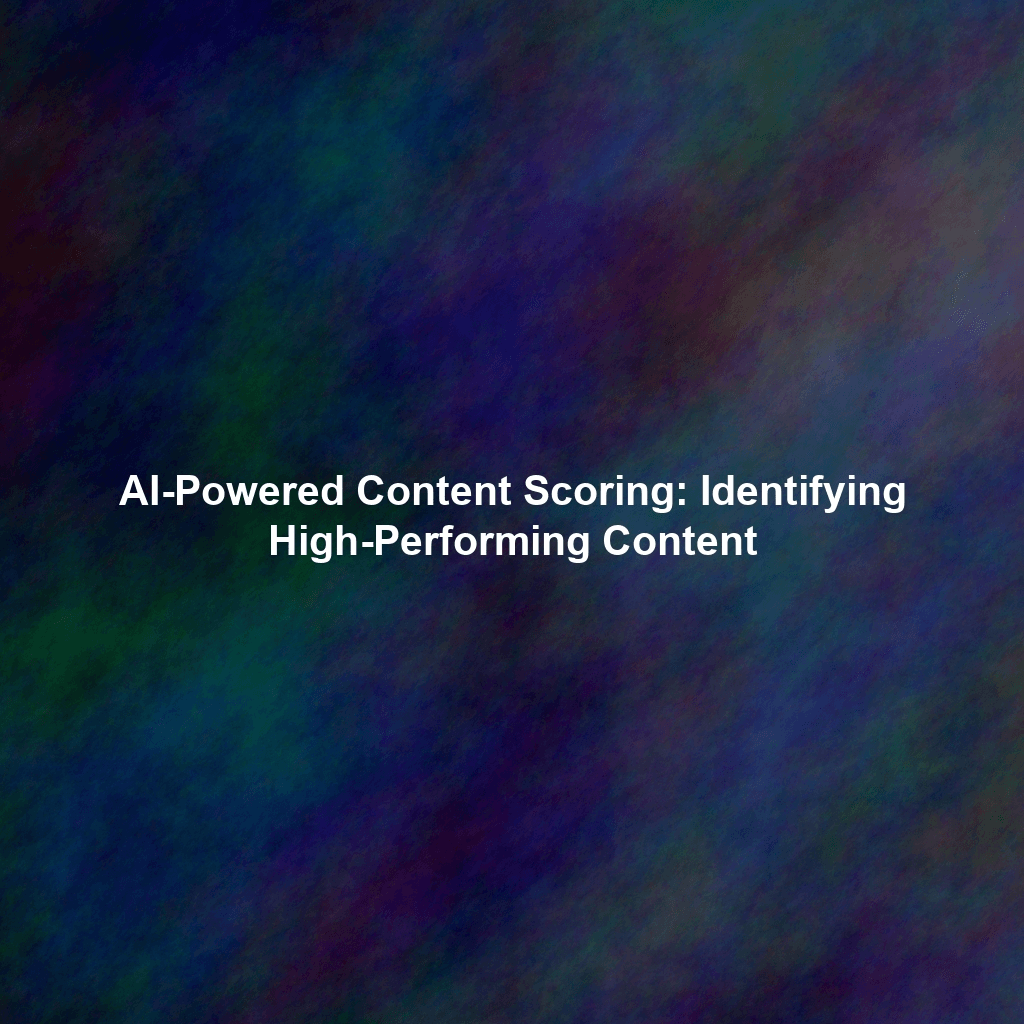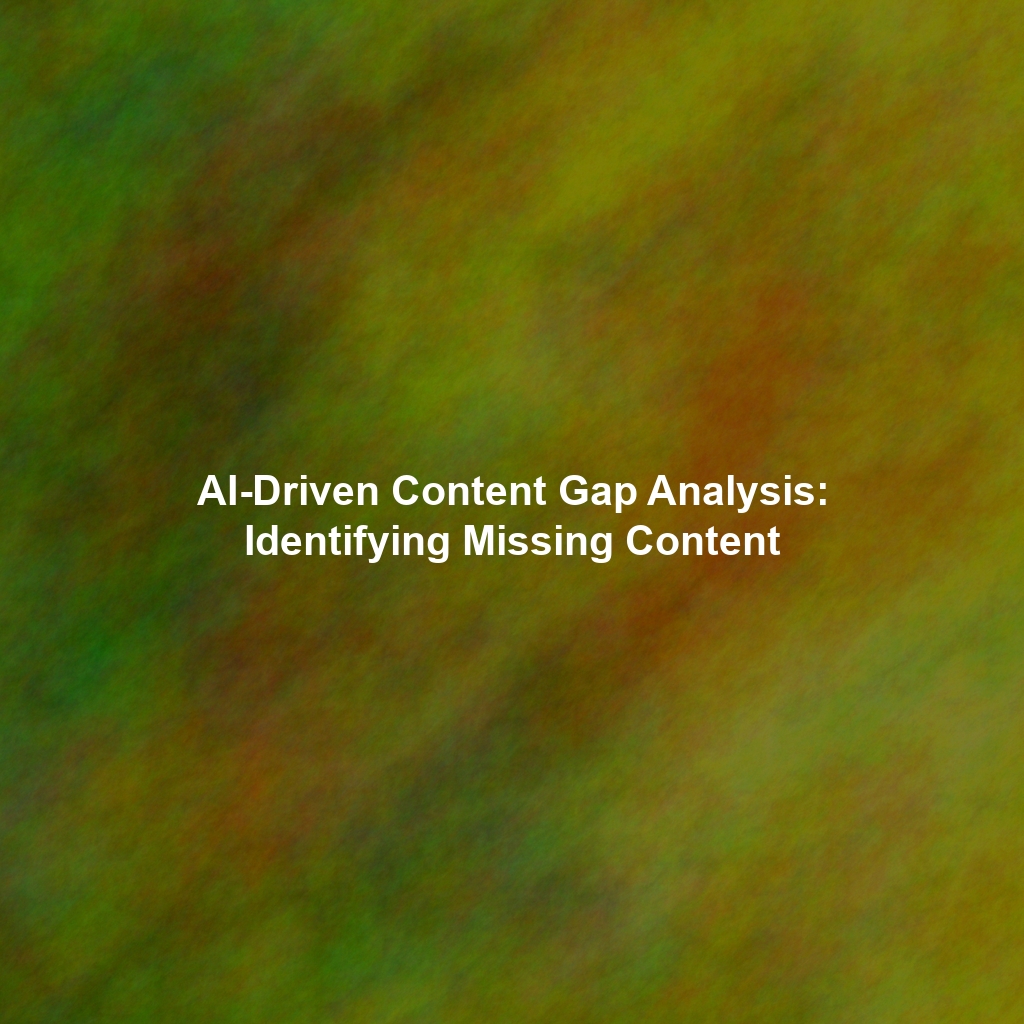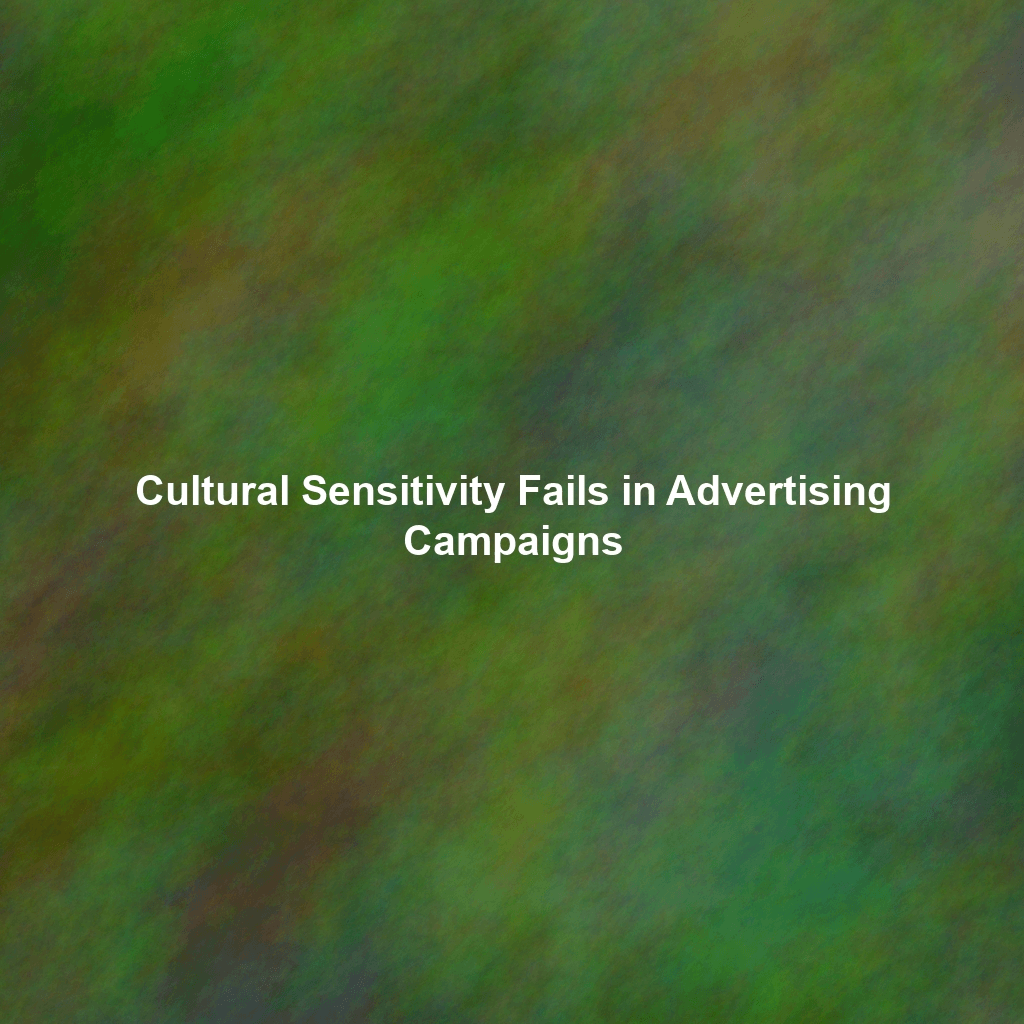In the ever-evolving landscape of content marketing, standing out from the noise is more challenging than ever. Creating compelling content is just the first hurdle; ensuring it resonates with your audience, drives engagement, and ultimately achieves your business goals is the real game. This is where AI-powered content scoring enters the arena, transforming the way we understand and optimize content performance.
Understanding AI Content Scoring
AI content scoring is the process of using artificial intelligence, specifically machine learning and natural language processing (NLP), to evaluate and predict the performance of content. It goes beyond traditional analytics by considering a multitude of factors that influence how well a piece of content will perform.
Key Components of AI Content Scoring
- Natural Language Processing (NLP): NLP algorithms analyze the text itself, understanding the sentiment, tone, complexity, and topics covered. This helps assess the content’s readability and relevance to specific target audiences.
- Machine Learning (ML): ML models learn from vast datasets of content performance data. They identify patterns and correlations between content attributes and desired outcomes, such as website traffic, social shares, lead generation, and conversions.
- Data Integration: AI content scoring systems integrate data from various sources, including website analytics, social media platforms, CRM systems, and marketing automation tools. This provides a holistic view of content performance across all channels.
The Benefits of AI-Powered Content Scoring
Implementing AI content scoring offers a wide range of benefits for content marketers:
- Improved Content Performance: By identifying the characteristics of high-performing content, you can replicate those elements in future creations, leading to consistently better results.
- Data-Driven Decision Making: Move away from subjective opinions and base your content strategy on concrete data insights. This allows for more effective resource allocation and targeted content creation.
- Enhanced Content Optimization: AI can pinpoint areas for improvement in existing content, such as optimizing headlines, improving readability, and adding relevant keywords.
- Personalized Content Experiences: Understand which content resonates with specific audience segments and tailor your content accordingly, leading to higher engagement and conversions.
- Predictive Analytics: Anticipate the potential performance of new content before it’s even published. This allows you to make adjustments early on and maximize its chances of success.
- Increased Efficiency: Automate the content analysis process, freeing up your team to focus on more strategic tasks like content creation and campaign development.
- Better ROI: By focusing on high-performing content, you can maximize your return on investment in content marketing.
Factors Considered in AI Content Scoring
AI algorithms consider a wide array of factors when scoring content. These factors can be broadly categorized as follows:
Content Characteristics
- Readability: Algorithms assess the complexity of the language used, ensuring it’s appropriate for the target audience. Factors like sentence length, word choice, and use of jargon are considered.
- Sentiment: AI analyzes the overall sentiment expressed in the content (positive, negative, or neutral) and how it aligns with the brand’s voice and target audience preferences.
- Tone: The tone of the content (e.g., formal, informal, humorous, serious) is evaluated to determine its suitability for the intended purpose.
- Keywords: Algorithms identify relevant keywords and assess their density and placement within the content, ensuring it’s optimized for search engines.
- Topic Coverage: AI determines the depth and breadth of topic coverage, ensuring the content provides comprehensive and valuable information to the reader.
- Structure and Formatting: The clarity and organization of the content are assessed, including the use of headings, subheadings, bullet points, and visuals.
- Originality: AI can detect plagiarism and assess the originality of the content, ensuring it’s unique and provides fresh perspectives.
Audience Engagement
- Website Traffic: The number of visitors to the content page is a key indicator of its popularity.
- Time on Page: The amount of time visitors spend reading the content reflects its engagement level.
- Bounce Rate: A low bounce rate indicates that visitors are finding the content relevant and engaging.
- Social Shares: The number of times the content is shared on social media platforms reflects its virality and appeal.
- Comments: The number and quality of comments indicate audience interaction and engagement.
- Conversions: The number of leads generated or sales attributed to the content is a critical measure of its effectiveness.
SEO Performance
- Search Engine Ranking: The position of the content in search engine results pages (SERPs) is a crucial indicator of its visibility.
- Backlinks: The number and quality of backlinks to the content from other websites enhance its credibility and authority.
- Click-Through Rate (CTR): The percentage of users who click on the content’s link in SERPs reflects its relevance and appeal.
How to Implement AI Content Scoring
Implementing AI content scoring requires a strategic approach and careful consideration of your specific business needs and goals.
- Define Your Goals: Clearly define what you want to achieve with AI content scoring. Are you looking to improve website traffic, generate more leads, or increase brand awareness?
- Choose the Right Tools: Select an AI content scoring platform that aligns with your specific requirements and budget. Consider factors like data integration capabilities, feature set, and ease of use.
- Integrate Your Data Sources: Connect your website analytics, social media platforms, CRM systems, and marketing automation tools to the AI content scoring platform to provide a comprehensive view of content performance.
- Train the AI Model: Train the AI model on your existing content data to enable it to learn the patterns and correlations between content attributes and desired outcomes.
- Analyze the Results: Regularly analyze the content scores and insights provided by the AI platform to identify areas for improvement and optimize your content strategy.
- Iterate and Refine: Continuously iterate on your content strategy based on the AI-driven insights and monitor the impact on your key performance indicators (KPIs).
Examples of AI Content Scoring in Action
Here are a few practical examples of how AI content scoring can be used to improve content marketing performance:
- Identifying High-Performing Blog Posts: An AI platform can identify blog posts that consistently generate high traffic, engagement, and leads. By analyzing the characteristics of these posts (e.g., topic, format, tone), you can create more content that resonates with your audience.
- Optimizing Website Copy: AI can analyze website copy to identify areas for improvement in terms of readability, clarity, and persuasiveness. This can lead to higher conversion rates and a better user experience.
- Personalizing Email Marketing Campaigns: AI can analyze customer data to identify the types of content that each individual is most likely to engage with. This allows you to personalize email marketing campaigns and deliver more relevant content, leading to higher open rates and click-through rates.
- Predicting the Success of New Content: Before publishing a new blog post or website page, AI can predict its potential performance based on its characteristics and the historical performance of similar content. This allows you to make adjustments early on and maximize its chances of success.
The Future of AI in Content Marketing
AI is poised to play an even more significant role in content marketing in the years to come. As AI technology continues to evolve, we can expect to see even more sophisticated content scoring capabilities, including:
- More Granular Analysis: AI will be able to analyze content at a more granular level, identifying even subtle nuances that influence its performance.
- Real-Time Optimization: AI will be able to optimize content in real-time based on audience behavior and contextual factors.
- Automated Content Creation: While not replacing human creativity entirely, AI will assist in the content creation process by suggesting topics, generating outlines, and even writing initial drafts.
- Improved Personalization: AI will enable even more personalized content experiences, tailored to the specific needs and preferences of each individual.
Conclusion
AI-powered content scoring is a game-changer for content marketers looking to optimize their strategies and achieve better results. By leveraging the power of AI, you can gain valuable insights into what makes your content truly effective, make data-driven decisions, and ultimately drive more engagement, leads, and conversions. Embracing AI in content marketing is no longer a luxury, but a necessity for staying ahead of the curve in today’s competitive digital landscape. As AI technology continues to advance, the possibilities for improving content performance and delivering personalized experiences will only expand, making it an indispensable tool for any forward-thinking marketer.
 Skip to content
Skip to content

